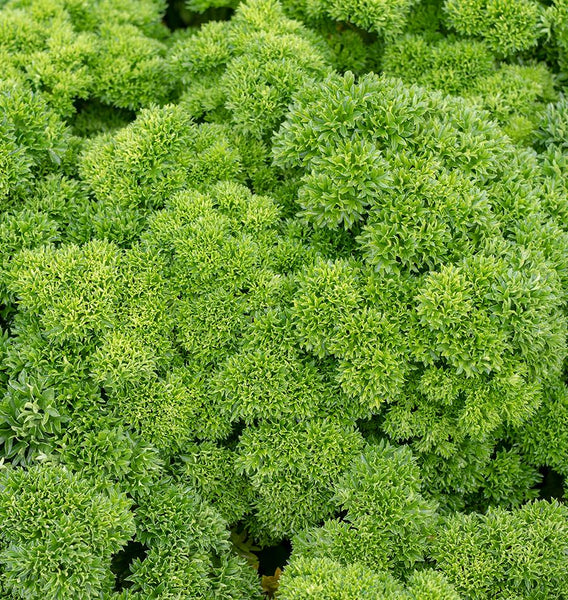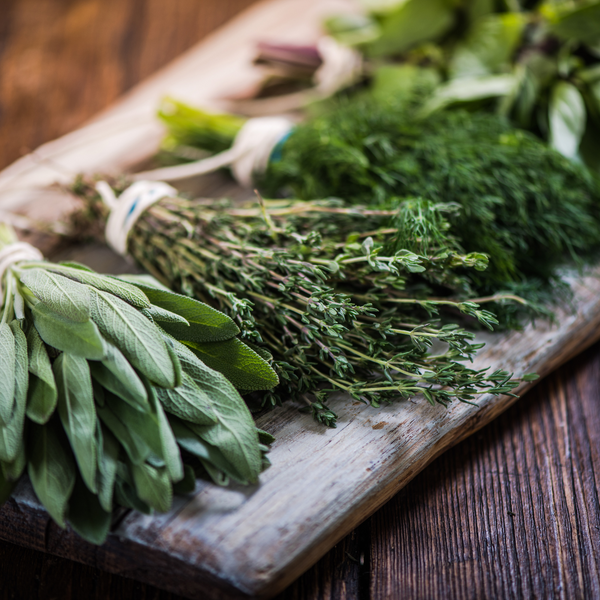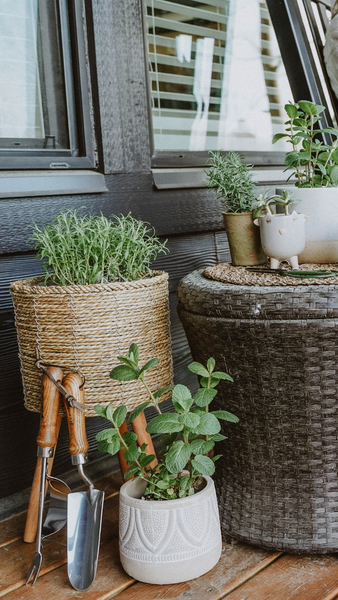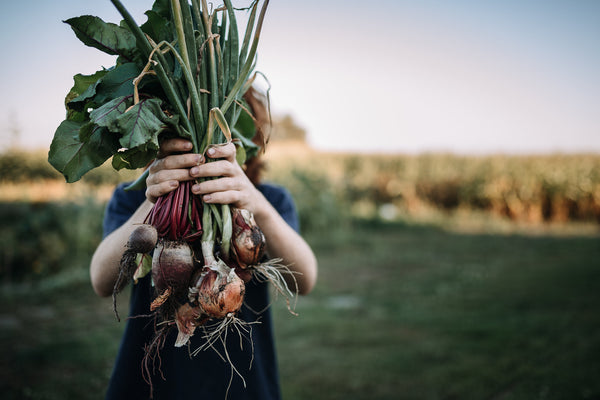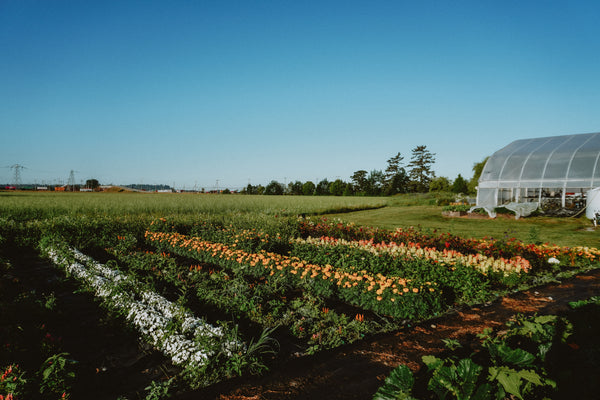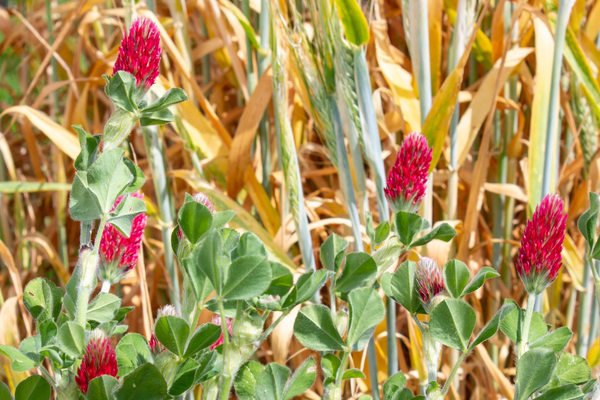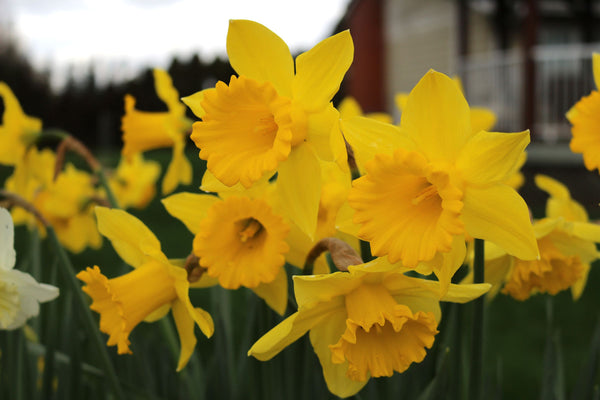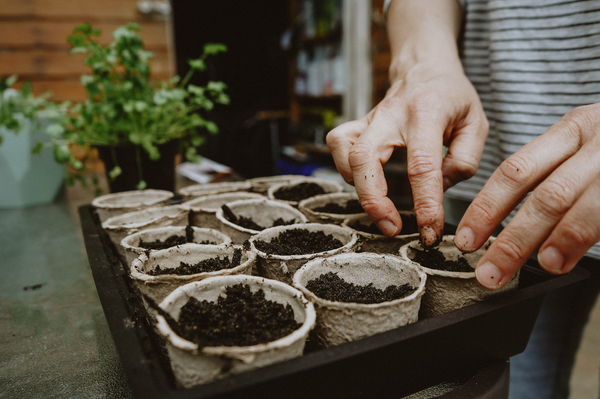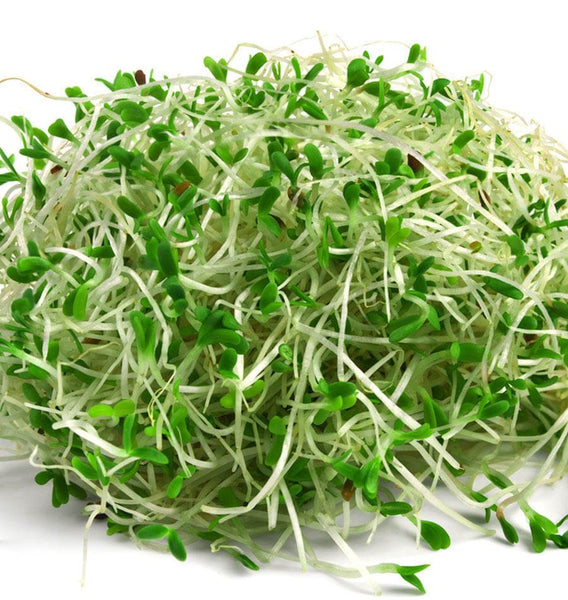Marjoram is the milder cousin of oregano, with a very similar flavour profile but gentler impact. Sprinkle some freshly cut marjoram over an omelette or baguette for a savoury treat. Marjoram can be grown as a perennial in very mild areas, but is grown as an annual elsewhere. Continue reading below for some tips on how to grow marjoram from seed.
Latin
Origanum majorana.
Lamiaceae family.
Difficulty
Easy
Season & Zone
Exposure: Full sun
Zone: Hardy to Zone 9
Starting
Start indoors in plug trays from February to April. Starting indoors is more reliable than direct sowing. Use bottom heat to maintain a constant soil temperature of 15°C (60°F) for best results. Seeds should germinate in 7 to 14 days.
Marjoram seeds are dust-like, so handle them with care. Prepare your containers or trays using sterilized seed starting mix, and water the mix. Then try to distribute the tiny seeds evenly on the surface of the wet soil. Do not bury them. As seedlings grow, reduce watering so that the soil is only just damp, never wet.
Growing
Grow in a sunny and warm spot. Thin or transplant leaving 25cm (10″) between plants. Cut back after flowering to prevent them from getting straggly. As autumn approaches, divide some to bring inside over winter. Cut back the year’s growth for the rest of your plants to about 6cm (2½”) from the soil.
Companion Planting
Marjoram is particularly good for repelling cabbage moths, and it can be planted between rows of Brassicas for this purpose. Also good around asparagus and basil.
More on Companion Planting.
